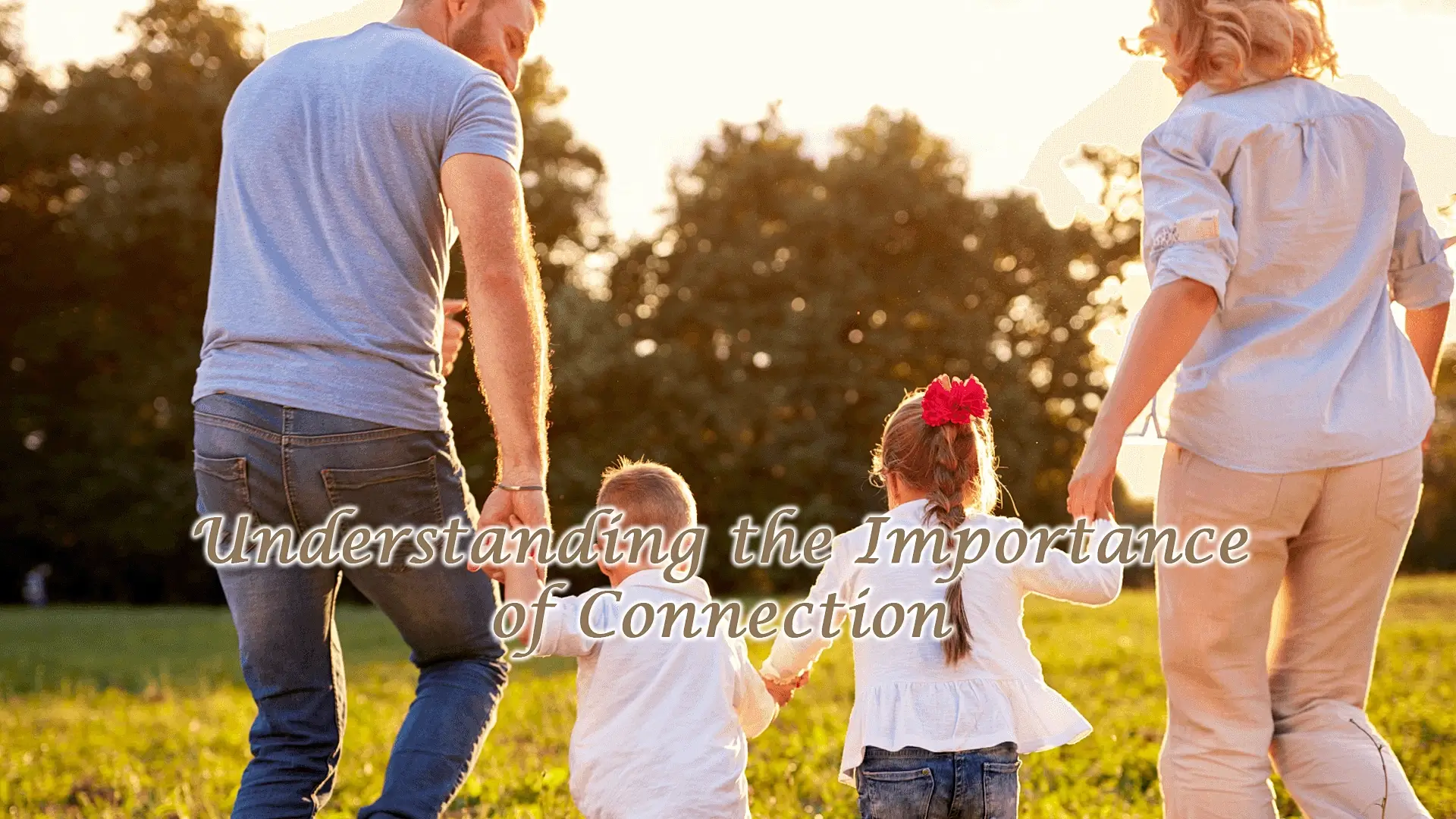Nurturing Bonds: Building a Healthy Relationship with Your Child
Parenthood is an incredible journey filled with joys, challenges, & the profound responsibility of shaping a young life. One of the most crucial aspects of this journey is building a healthy relationship with your child. A strong parent child conection serves as the foundation for emotional well being, self esteem, & overall development. In this article, we will delve into key strategies to foster a positive & lasting bond with your child.
Understanding the Importance of Connection
The relationship between parents & children is a unique & irreplaceable bond. It significantly influences a child’s emotional & social development, impacting their self-esteem, sense of security, & overall well-being. A healthy connection fosters trust, empathy, & open communication, creating a safe space for the child to explore the world around them.

Effective Communication is Key
Building a healthy relationship with your child begins with effective communication. Listen actively to their thoughts, feelings, & concerns without judgment. Create an environment where your child feels heard & understood. Encourage them to express themselves & validate their emotions, even if you may not agree with them.
As children grow, it’s essential to adapt your communication style to meet their changing needs. With younger children, use simple language & engage in imaginative play to encourage expression. With older children, foster open discussions about their interests, concerns, & experiences. Being approachable & non-judgmental will make your child more likely to confide in you.
Spend Quality Time Together
In our fast-paced world, carving out quality time for your child can be challenging. However, spending time together is a cornerstone of building a healthy relationship. Whether it’s playing games, reading books, or simply having a heartfelt conversation, these shared moments create lasting memories and reinforce the bond between parent & child.
Prioritize family activities that cater to your child’s interests and developmental stage. Whether it’s a nature walk, a movie night, or a creative project, these shared experiences strengthen the connection & provide opportunities for mutual enjoyment.
Be a Positive Role Model
Children learn by example, and parents serve as primary role models. Demonstrate the values and behaviors you wish to instill in your child. This includes practicing kindness, empathy, resilience, and problem solving skills. By being a positive role model, you provide a blueprint for your child’s own behavior and choices.
Moreover, showcase healthy conflict resolution strategies. Disagreements are a natural part of any relationship, but modeling effective communication and problem-solving techniques teaches your child valuable skills for navigating their own relationships in the future.
Establish Trust through Consistency
Consistency is crucial in building trust with your child. Set clear expectations and boundaries, & be consistent in enforcing them. This predictability creates a sense of security for your child, knowing what to expect from their environment and caregivers.
Additionally, be reliable in your promises & commitments. If you say you’ll attend a school event or spend time on a particular activity, follow through. Consistency reinforces your child’s confidence in your words and actions, contributing to the foundation of a trusting relationship.
Foster Emotional Support
Emotional support is a cornerstone of a healthy parent child relationship. Acknowledge and validate your child’s emotions, even if they may seem trivial to you. By recognizing & respecting their feelings, you show empathy and build a connection based on emotional understanding.
Create an environment where your child feels comfortable expressing their emotions without fear of judgment. This emotional safety net allows them to navigate challenges with resilience and seek support when needed. Be attuned to signs of distress, and offer reassurance & comfort during difficult times.
Encourage Independence and Autonomy
While building a close relationship with your child is essential, it’s equally important to encourage their independence. Provide opportunities for them to make age appropriate decisions and take responsibility for their actions. Fostering autonomy helps build confidence and a sense of competence.
Support your child’s interests & passions, even if they differ from your own. Encouraging them to explore their individuality fosters a sense of self-worth and strengthens the bond by showing that you respect & value their unique qualities.

Adapt to Changing Needs
Children undergo significant developmental changes as they grow, and your parenting approach should evolve accordingly. Be attuned to your child’s changing needs & adjust your communication style and expectations as they mature. A healthy parent-child relationship is a dynamic and evolving connection that requires flexibility and understanding.
As your child enters adolescence, they may seek more independence & privacy. Respect their need for autonomy while maintaining open lines of communication. Be a supportive presence as they navigate the challenges of adolescence, offering guidance without imposing undue control.
Seek Professional Guidance When Needed
Building a healthy relationship with your child is a complex and ongoing process. If you encounter challenges or notice persistent behavioral issues, consider seeking professional guidance. Child psychologists, family therapists, or parenting coaches can provide valuable insights and strategies to enhance your relationship & address specific concerns.
And so
building a healthy relationship with your child is a multifaceted journey that requires time, effort, & continuous adaptation. Effective communication, quality time together, positive role modeling, trust, emotional support, & encouragement of independence are key elements in fostering a strong & lasting connection. By prioritizing these aspects, you contribute to your child’s overall well-being and lay the groundwork for a positive and resilient relationship that lasts a lifetime.




Striking the right balance between nurturing and guiding is a delicate task, and this article provides valuable guidance on how to navigate that challenge.
I found the section on setting boundaries and being consistent in discipline particularly insightful.
The emphasis on active listening and empathy is a key takeaway from this article.
The big significance of spending quality time with our children.
Apreciate the practical tips offered in this article for building a strong connection with children.
VAluable insights into creating a healthy and positive relationship that will undoubtedly have a lasting impact on their well-being.
beautifully emphasizes the importance of nurturing bonds with our children